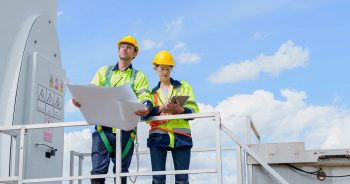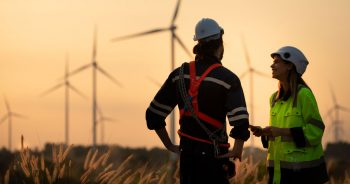Main missions
The Commissioning Supervisor is responsible for coordinating and supervising all activities related to the installation and commissioning of wind turbines. They work closely with construction, engineering, and maintenance teams to ensure adherence to schedules, budgets, and technical specifications.
They plan and organize the installation work of wind turbines, ensuring that all steps are carried out in accordance with established procedures and quality and safety standards. They also supervise commissioning tests and adjustments to ensure the proper operation of the wind turbines.
The Commissioning Supervisor monitors on-site activities, ensuring that teams adhere to safety instructions and best practices. They resolve issues encountered during the installation and commissioning of wind turbines and propose solutions to optimize processes.
Job activities
-
Planning and coordination of installation activities: Develop installation plans for wind turbines, allocate necessary resources, and coordinate on-site activities to ensure adherence to schedules and budgets.
-
Supervision of installation operations: Supervise assembly, lifting, and fixing operations of wind turbines, ensuring that all steps are carried out correctly and safely.
-
Organization of commissioning tests: Plan and supervise commissioning tests of wind turbines, checking their operation and making necessary adjustments to ensure optimal performance.
-
Management of on-site teams: Lead and supervise installation and commissioning teams, ensuring their safety and well-being, and ensuring compliance with established instructions and procedures.
-
Resolution of technical problems: Identify and resolve technical issues encountered during the installation and commissioning of wind turbines, proposing effective and sustainable solutions.
-
Monitoring of wind turbine performance: Monitor the performance of installed wind turbines, analyzing operating data and making necessary adjustments to optimize their energy production.
-
Documentation and reporting: Maintain installation and commissioning reports, documenting all steps and interventions, and providing regular reports on the progress of work.
-
Training and development: Train and support team members on wind turbine installation and commissioning techniques, ensuring their professional development and skills enhancement.
Required skills
A Commissioning Supervisor in the field of wind energy must possess the following skills:
-
Strong technical knowledge of wind energy and wind turbine installation.
-
Ability to plan, organize, and coordinate complex projects.
-
Excellent leadership and team management skills.
-
Ability to solve problems and make decisions quickly.
-
Good communication and teamwork skills.
Other Installation & Commissioning Jobs
-

Offshore Substation Supervisor – Wind Energy Jobs
The Offshore Substation Supervisor in the field of wind energy is responsible for supervising and coordinating the installation, commissioning, and operation of offshore substations, ensuring the efficient transmission of energy generated by offshore wind turbines.
-
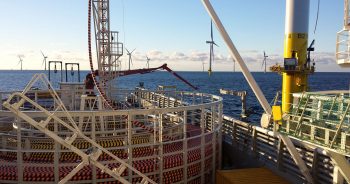
Offshore Cable Jointing & Termination Inspector – Wind Energy Jobs
The Offshore Cable Jointing & Termination Inspector in the wind energy sector is responsible for overseeing and ensuring the quality of cable jointing and termination operations between wind turbines and offshore substations, thereby ensuring efficient energy transmission.
-
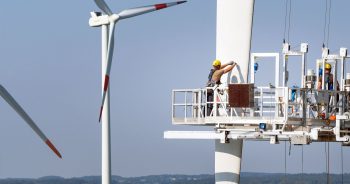
Wind Turbine Maintenance and Repair Technician – Wind Energy Jobs
The Wind Turbine Maintenance and Repair Technician, specializing in Operations & Maintenance, is responsible for carrying out preventive and corrective maintenance operations on wind turbines to ensure their proper functioning and optimal performance.
-

Wave Radar Maintenance Technician & Commissioner – Wind Energy Jobs
The Wave Radar Maintenance & Commissioner, in the field of wind energy and specifically in the Operations & Maintenance sector, is responsible for ensuring the proper functioning and maintenance of the wave radar, a crucial instrument for monitoring oceanic conditions and the safety of offshore wind operations.
-

Electrical Engineer – Nuclear Energy Jobs
An Electrical Engineer in the nuclear energy sector is responsible for designing, analyzing, and maintaining electrical systems and equipment used in nuclear power plants. This role ensures the reliability, efficiency, and safety of electrical installations in compliance with regulatory standards, contributing to the overall performance of nuclear operations.
-
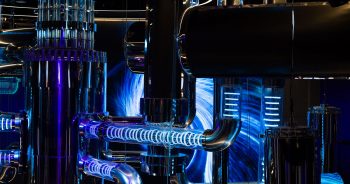
Piping Engineer – Nuclear Energy Jobs
A Piping Engineer in the field of nuclear energy is responsible for the design, analysis, and maintenance of piping systems used in nuclear power plants. This role ensures the reliability, efficiency, and safety of piping installations in compliance with regulatory standards, thereby contributing to the overall performance of nuclear operations.
-
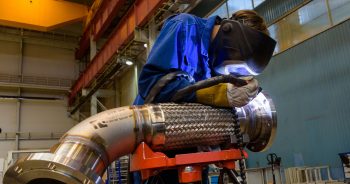
Welding Engineer – Nuclear Energy Jobs
A Welding Engineer in the nuclear energy sector is responsible for designing, analyzing, and supervising welding operations used in nuclear power plants. This role ensures the reliability, efficiency, and safety of welds according to regulatory standards, thereby contributing to the overall performance of nuclear operations.
-
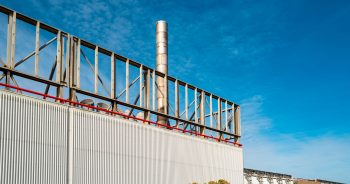
HVAC Engineer – Nuclear Energy Jobs
An HVAC Engineer in the nuclear energy sector is responsible for designing, analyzing, and overseeing the heating, ventilation, and air conditioning (HVAC) systems used in nuclear power plants. This role ensures the reliability, efficiency, and safety of HVAC systems in accordance with regulatory standards, contributing to the overall performance of nuclear operations.
-

Instrumentation & Control Specialist – Nuclear Energy Jobs
The Instrumentation & Control Specialist in the nuclear energy field is responsible for designing, installing, maintaining, and overseeing control and instrumentation systems used in nuclear power plants. This role is crucial for ensuring the accuracy, reliability, and safety of nuclear operations by making sure that all instruments and control systems function properly.
-
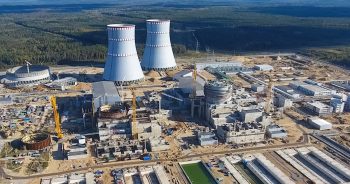
Electrical Engineer – Construction – Nuclear Energy Jobs
The Electrical Engineer during the construction phase of a nuclear energy project is responsible for supervising, coordinating, and validating electrical installation work on site. He/She ensures that all installations comply with technical specifications, nuclear standards, and safety requirements throughout the construction process. This role is critical to the smooth progress of the site and the successful commissioning of electrical systems.
-
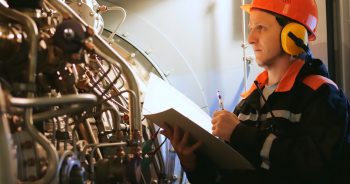
Mechanical Engineer – Construction – Nuclear Energy Jobs
The Mechanical Engineer during the construction phase in the nuclear energy sector is responsible for supervising the installation, inspection, and compliance of mechanical equipment on site (pumps, heat exchangers, valves, metallic structures, etc.). He/She ensures that all mechanical works are carried out according to technical requirements, nuclear safety standards, and the project schedule.
-
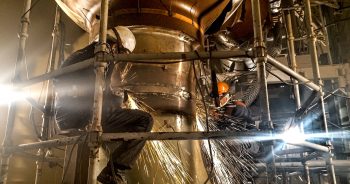
Welding Engineer – Construction – Nuclear Energy Jobs
The Welding Engineer during the construction phase in the nuclear energy sector is responsible for the technical supervision, quality monitoring, and regulatory compliance of welding operations on site. He/She is involved in the preparation, execution, and inspection of welds on mechanical components and structures (piping, pressure equipment, steel structures, etc.), in accordance with nuclear codes and safety requirements.
-
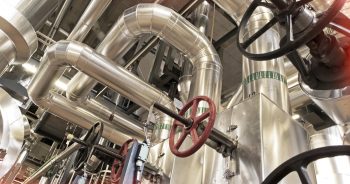
Valve Engineer – Construction – Nuclear Energy Jobs
The Valve Engineer during the construction phase in the nuclear energy sector is responsible for the technical supervision, quality control, and regulatory compliance of valve systems (gate valves, safety valves, check valves, motorized or manual valves) on site.
-
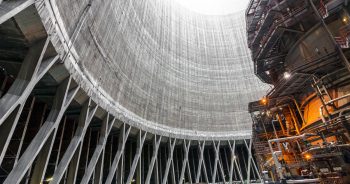
Piping Supervisor – Construction – Nuclear Energy Jobs
The Piping Supervisor in the nuclear energy sector is responsible for coordinating, monitoring, and inspecting piping installation activities on construction sites. He/She ensures that the work is carried out in accordance with technical specifications, nuclear safety standards, and project schedules, while managing assembly teams or specialized subcontractors.
-
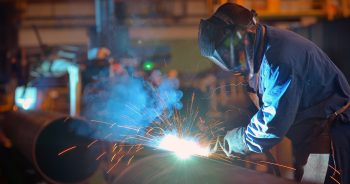
Welding Supervisor – Construction – Nuclear Energy Jobs
The Welding Supervisor in the nuclear energy sector is responsible for the technical oversight, quality control, and regulatory compliance of welding operations on site. He/She supervises the preparation, execution, and inspection of welds in strict accordance with nuclear safety standards, applicable codes (RCC-M, ESPN, ASME IX, etc.), and the project schedule.
-
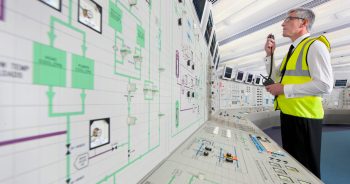
Instrumentation Engineer – Installation & Commissioning – Nuclear Energy Jobs
The Instrumentation Engineer in the nuclear energy sector is responsible for the implementation, configuration, inspection, and validation of instrumentation and measurement equipment. He/She is primarily involved during the installation and commissioning phases of control and monitoring systems, ensuring their proper operation, compliance with technical requirements, and integration within the nuclear safety environment.
-

Commissioning Engineer – Installation & Commissioning – Nuclear Energy Jobs
The Commissioning Engineer in the nuclear energy sector is responsible for preparing, executing, and analyzing the tests required for the progressive commissioning of systems and equipment within a nuclear facility. He/She acts as an interface between engineering, construction, commissioning teams, and future operators to validate system compliance with technical, functional, and safety requirements.
-
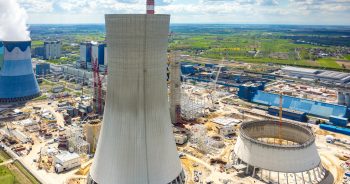
Construction Coordinator – Installation & Commissioning – Nuclear Energy Jobs
The Construction Coordinator in the nuclear energy sector plays a key role in the daily supervision of on-site operations during the installation and commissioning phases. He/She ensures coordination among the various stakeholders on site (contractors, subcontractors, engineering, safety) to guarantee smooth progress of activities in compliance with quality requirements, nuclear safety, site security, and project deadlines.
-

Commissioning Supervisor – Installation & Commissioning – Nuclear Energy Jobs
The Commissioning Supervisor in the nuclear energy sector plays a key role during the final installation phase, ensuring all systems and equipment are properly tested and ready for safe operation. He/She is responsible for planning, coordinating, and supervising all commissioning activities, while ensuring compliance with nuclear safety, quality, and performance requirements.
-
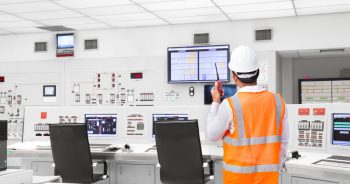
Instrumentation, Control Systems, Testing & Commissioning Specialist – Nuclear Energy Jobs
The Instrumentation, Control Systems, Testing & Commissioning Specialist plays a critical role during the installation and commissioning phase of a nuclear power plant. He/She is responsible for ensuring the conformity, performance, and safety of control and instrumentation systems, from onsite integration to functional validation of the equipment.
-
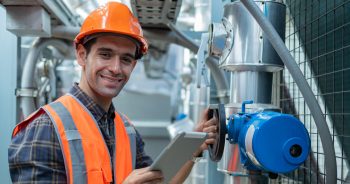
Valve Supervision Engineer – Nuclear Energy Jobs
The Valve Supervision Engineer during the Installation and Commissioning phase in the nuclear sector is responsible for coordinating and supervising the implementation, adjustment, and testing of valve equipment (motorized valves, safety relief valves, check valves, etc.).
-
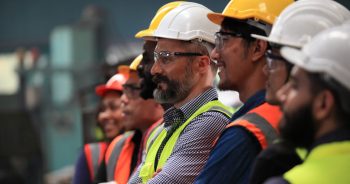
Mechanical Supervisor – Nuclear Energy Jobs
The Mechanical Supervisor during the Installation and Commissioning phase in the nuclear sector is responsible for coordinating, monitoring, and validating the final installation, mechanical testing, and compliance of equipment prior to operational handover.


